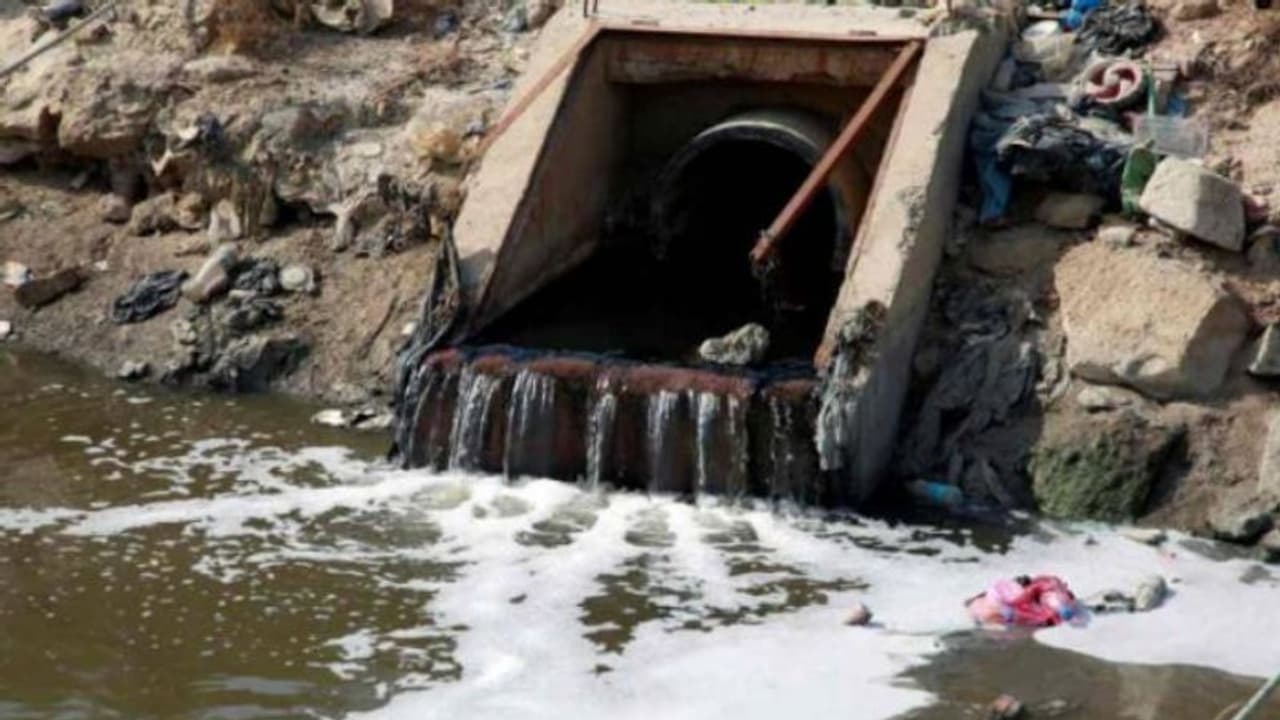Karnataka State Pollution Control Board (KSPCB) officials visited the units in the industrial area to verify the extent of measures implemented as part of the approved action plan. Based on reports, only 62 out of 206 units comply with all the six-point conditions stated by KSPCB to reduce pollution. The rest of the industrial units discharge effluents without treating them.
Bengaluru: Peenya Industrial Estate in Bengaluru has 75% of its industrial units ignoring the six-point conditions mandated by the Karnataka State Pollution Control Board (KSPCB). The Central and the state pollution control boards had approved the final action plans to control pollution in five critically-polluted industrial areas in Karnataka – Bengaluru, Mangaluru, Bidar, Bhadravati and Raichur in May this year.

Based on reports, only 62 out of 206 units comply with all the six-point conditions stated by KSPCB to reduce pollution. The rest of the industrial units discharge effluents without treating them.
KSPCB officials visited the units in the industrial area to verify the extent of measures implemented in the units as a part of the approved action plan.
The discharge of industrial waste water and leeching of chemicals from the surface treatment industries including galvanising, electroplating, pharmaceutical, dyeing and others into the soil had been polluting the area. KSPCB had earlier mandated these industries to follow six conditions to reduce pollution.
The surface treatment industries were told to maintain impervious floors in areas where chemical processes had taken place, have an effluent collection tank above ground, conduct regular leak tests and install scrubbers. These were four of the conditions. The industries were also to record consumption of water and generation of waste water and primary treatment of effluents before being disposed to a Central Effluent Treatment Plant (CETP). This was made mandatory by the Supreme Court recently.
Three-fourth of the industries in Peenya Industrial Estate do not treat their effluents before they are moved to a CETP. The condition is the same if they are shifted to a private tanker that disposes the effluents. Moreover, many tankers dispose these effluents in drains and lakes rather than taking them to treatment plants, reports claimed.
Reports also state that 40 other industry units have either not installed scrubbers or do no conduct leak tests. KSPCB is taking further measures to bring this under control. They have proposed to construct a CETP that has the capacity to treat 200 kilo litre of industrial waste water per day.
